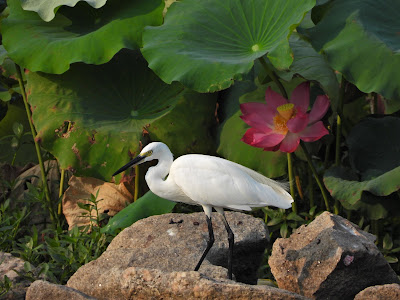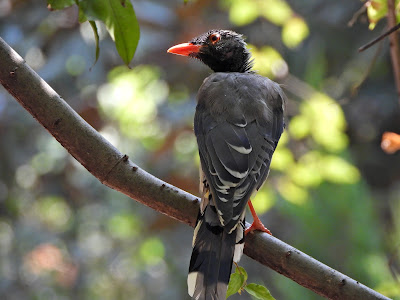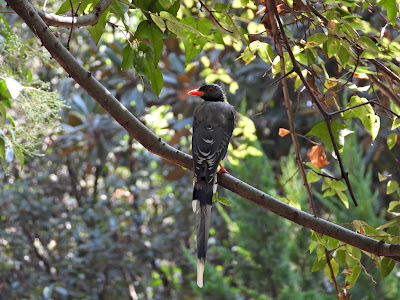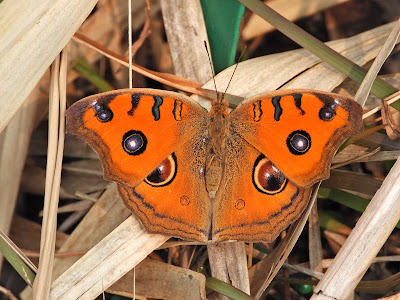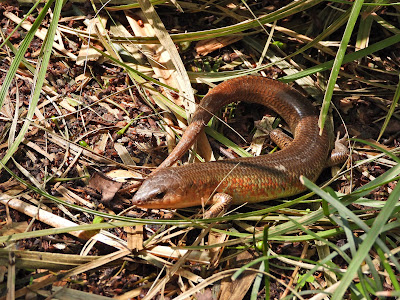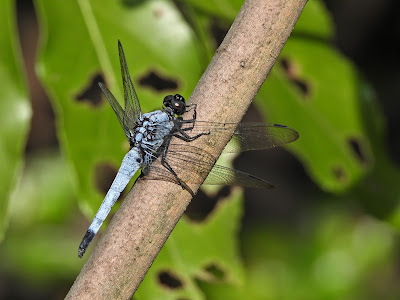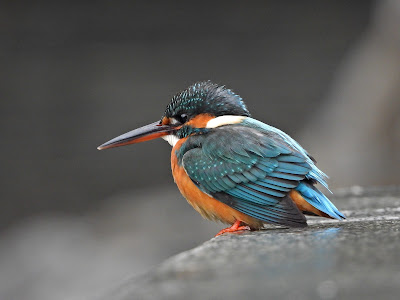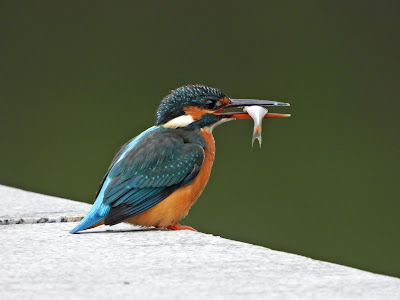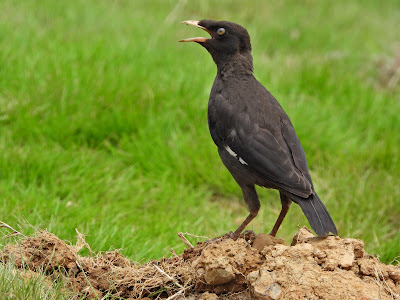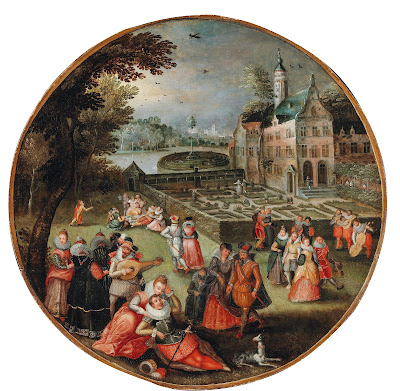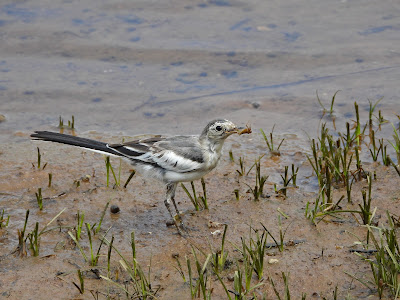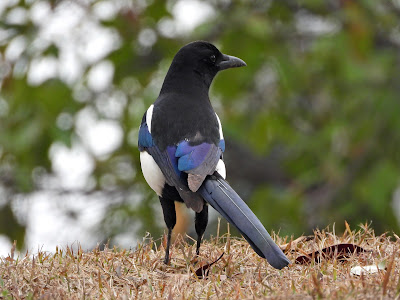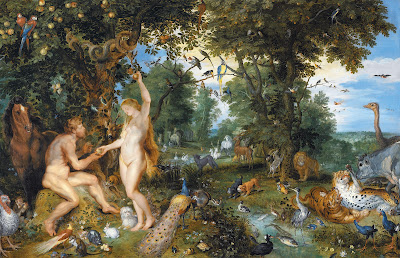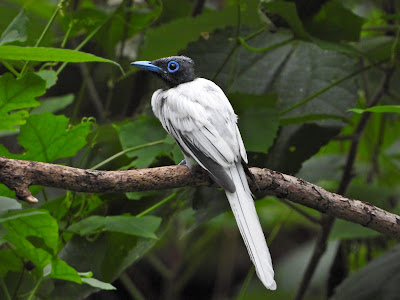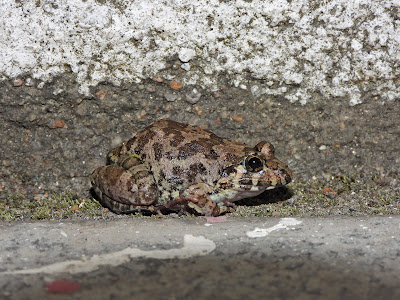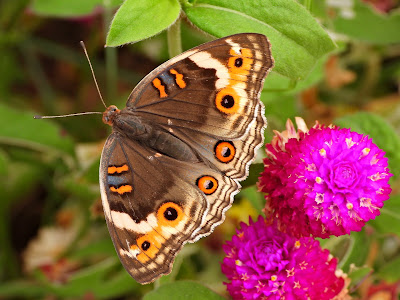Can you discern the character of someone by their manner of walking? Some preliminary notes on identifying devils, goddesses, clerks, the unchaste, the great and the lowly by their paces:
Proverbs 6:12:
A man that is an apostate, an unprofitable man, walketh with a perverse mouth
Ecclesiasticus 19:26-27:
A man is known by his look, and a wise man, when thou meetest him, is known by his countenance. The attire of the body, and the laughter of the teeth, and the gait of the man, shew what he is.
Aristotle,
Nic.
Eth. 1125a:
καὶ κίνησις δὲ βραδεῖα τοῦ μεγαλοψύχου δοκεῖ εἶναι
('A slow walk is expected of a great-souled man')
Seneca,
Epistulae, LII.12:
impudicum et incessus ostendit et manus mota et unum interdum responsum et relatus ad caput digitus et flexus oculorum
('The unchaste man reveals himself in his walk, his hand gestures, an off remark he makes in passing, how he touches his head with his finger and the turn of his eyes')
Juvenal, II.15-17:
verius ergo
et magis ingenue Peribomius; hunc ego fatis
inputo, qui vultu morbum incessuque fatetur.
('Peribomius is franker and more honest; I charge the fates that his face and his walk betray his sickness.')
Petronius,
Satyricon, 126:
nec auguria novi nec mathematicorum caelum curare soleo, ex vultibus tamen hominum mores colligo, et cum spatiantem vidi, quid cogitet scio
('I know nothing of augury and I am unaccustomed of studying the stars of the astrologers, but yet I can infer the manners of men from their faces, and I can tell what a man thinks from watching him walk')
Johannes de Irlandia,
The Meroure of Wyssdome, 3 vols (Edinburgh : Blackwood, 1926-1990), I, p. 163:
His luking, his ganginge and all his hevingis ware mare plesand þan ony man can tell ore wndirstand
William Shakespeare,
The Tempest, Act IV, Scene 1.101-2:
Highest queen of state,
Great Juno comes; I know her by her gait.
Vergil,
Aeneid, I.405:
et vera incessu patuit dea
('and the true goddess [Venus] was revealed by her walk')
John Milton,
Paradise Lost, IV.869-871:
And with them comes a third of regal port,
But faded splendour wan; who by his gait
And fierce demeanour seems the Prince of Hell
Anonymous, ‘The Quill Driver’ (1-4) in
The Regrets of Memory (London: Henry Wix, 1840), pp. 73-77 (p. 73):
Behold the Clerk, whose stiff, uneasy gait
Proclaims his calling, from all other men,
Move swiftly onward to his daily fate,
And haste still faster as the clock strikes ten.
My translations.




